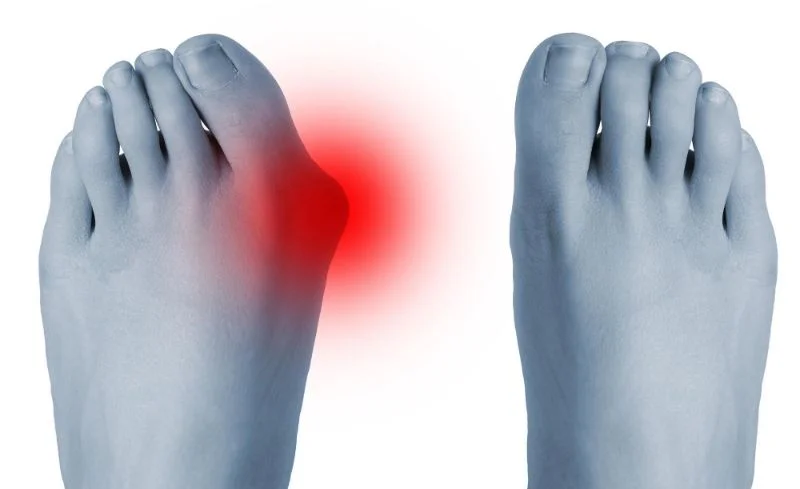Uric acid is best described as the pesky compound that surrounds the joints causing the painful medical condition known as gout. Usually, the waste product known as uric acid is absorbed into the bloodstream and then filtered out of the body by the kidneys. However, when the body is unable to release uric acid, it forms crystals that deposit on the joints, thus causing pain and inflammation. Gout is characterized by red, swollen joints typically located on the feet and hands. The inflammation makes it difficult for the proper functioning of the joints, which, in turn, can impair activities of daily living or ADLs.
Purine, a naturally occurring substance in the body, can also be found in certain foods, such as sardines, liver, anchovies, beans, and beer. When purine is broken down by the body, uric acid is formed. So, for those with gout or a high uric acid level, it is essential to limit purines in your diet. A reduction in purine intake results in less frequent gout attacks. While uric acid is associated with gout, it is also linked to recurrent kidney stones. Kidney stones are small compounds that form from urine waste particles. Instead of being filtered by the kidneys, the waste particles form crystals that cannot be passed through the urinary tract. Uric acid is one of these waste particles that can lead to recurrent kidney stones.
If you have not been diagnosed with kidney stones or gout, but have symptoms like red, swollen, and painful joints, you might have an elevated uric acid level. While you can develop the symptoms listed above, usually an elevation in uric acid does not cause symptoms. Certain risk factors make you more susceptible, which include frequent alcohol use, heart disease, medications, kidney disease, hypothyroidism, and obesity. African Americans and Pacific Islanders are also at a higher risk of developing hyperuricemia or elevated uric acid level. Generally speaking, making simple lifestyle adjustments can help achieve a reduction in uric acid levels.
Changing your diet is the primary lifestyle adjustment that can reduce the occurrence of hyperuricemia. For example, reducing consumption of red meats, foods with high fructose, beans, and alcoholic beverages can significantly decrease the incidence. Fructose is an ingredient found in many processed foods, and it can be converted into purines. Remember that purines are then converted to uric acid, so it is best to reduce the exposure to fructose. Obesity is another risk factor that can be easily managed with a healthy, well-rounded diet. It is vital to implement the moderation technique and stick with naturally sourced foods. While exercise can lead to weight loss, it is also crucial to implement in your daily life to aid heart health and metabolic function.
While hyperuricemia typically does not have symptoms until it has turned into a more severe issue, you can assess your risk factors and determine if you are susceptible. If you have multiple risk factors listed above, it is important to implement lifestyle modifications to decrease the risk of future complications.












